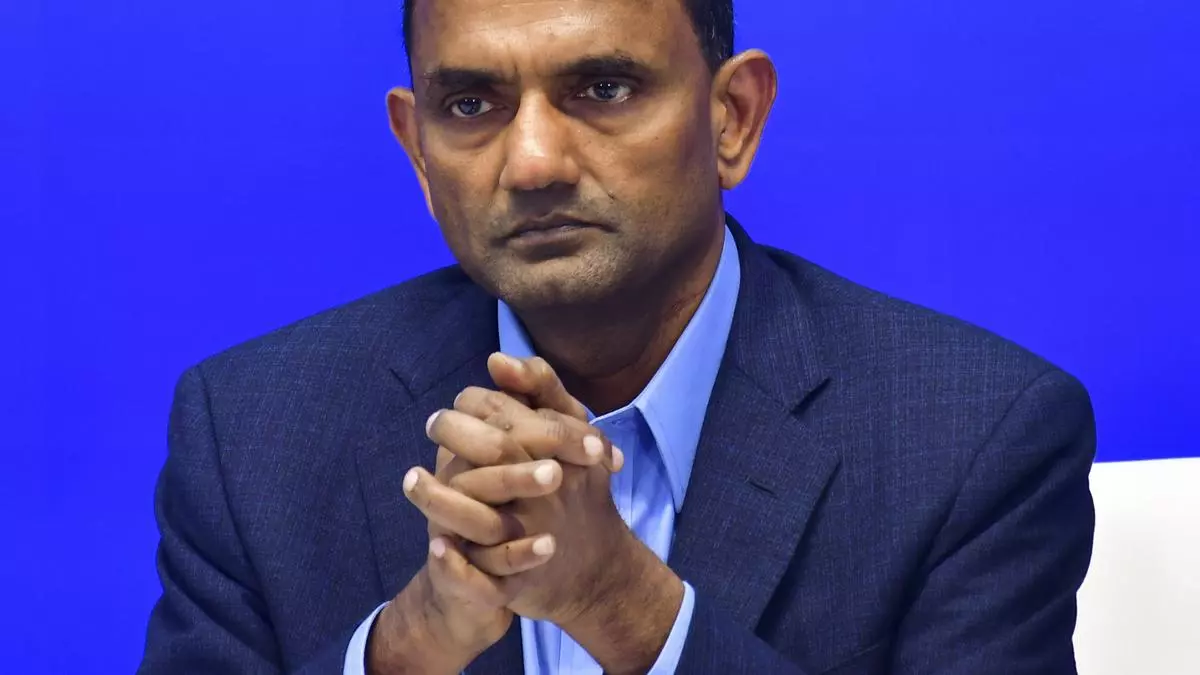New Delhi
Despite having one of the world’s fastest 5G rollouts, with 4.74 million base stations deployed since October 2022, corporate investment in cybersecurity remains “minimal”, said M U Nair, National Cyber Security Coordinator (NCSC) on Thursday.
Enhancing cybersecurity
Urging industry leaders to step up investment in cybersecurity, Nair called for a fundamental shift in corporate governance, urging major industries to include cybersecurity professionals on their boards and include comprehensive security disclosures in their annual reports.
Speaking at CyberComm 2025, organised by FICCI, he also said that the government was working on trusted source product rules for equipment used in the power sector, after implementing it for telecom networks.
“I am sure you would have seen that the US is having a lot of problems with telecom networks. Since 2021, our telecom networks are fairly protected from cyber security vulnerabilities because they have addressed this issue of supply chain. Now should it be replicated in other Ministries? This is something which the government is working on with Ministry of Power because our energy grids need to be protected,” Nair said.
The NCSC outlined a vision for industry-led collaborative centres that would continuously monitor multiple systems and layers within India’s complex digital ecosystem. The proposed framework would establish cybersecurity as a service, with industry bodies taking shared responsibility for protecting sector-specific infrastructure.
“What we need is a commercial model where sectoral centres of excellence can protect key industries through continuous monitoring and risk assessment,” he said.
Nair informed that the government has moved to address these concerns through new policy frameworks, including the clarification of ministerial responsibilities for cybersecurity in September 2024, and the implementation of a National Security Directive restricting telecom infrastructure to trusted sources. Similar conditions of trusted sources in supply chain are being considered for other sectors like power sector.
The government is also looking at measures to address the critical shortage of cybersecurity professionals, which include “cyber security capsules given to them as part of their curriculum”, and establishing specialised BTech and MTech degrees on cyber security, Nair added.
According to Suprakash Chaudhuri, Country Head – Digital Industries, Siemens, and Co-Chair, Ficci Technology Committee, there is a substantial market opportunity in India’s cybersecurity sector, projecting a growth from $5.56 billion in 2025 to $12.9 billion by 2030 at a CAGR of 18.33 per cent.








Leave a Comment